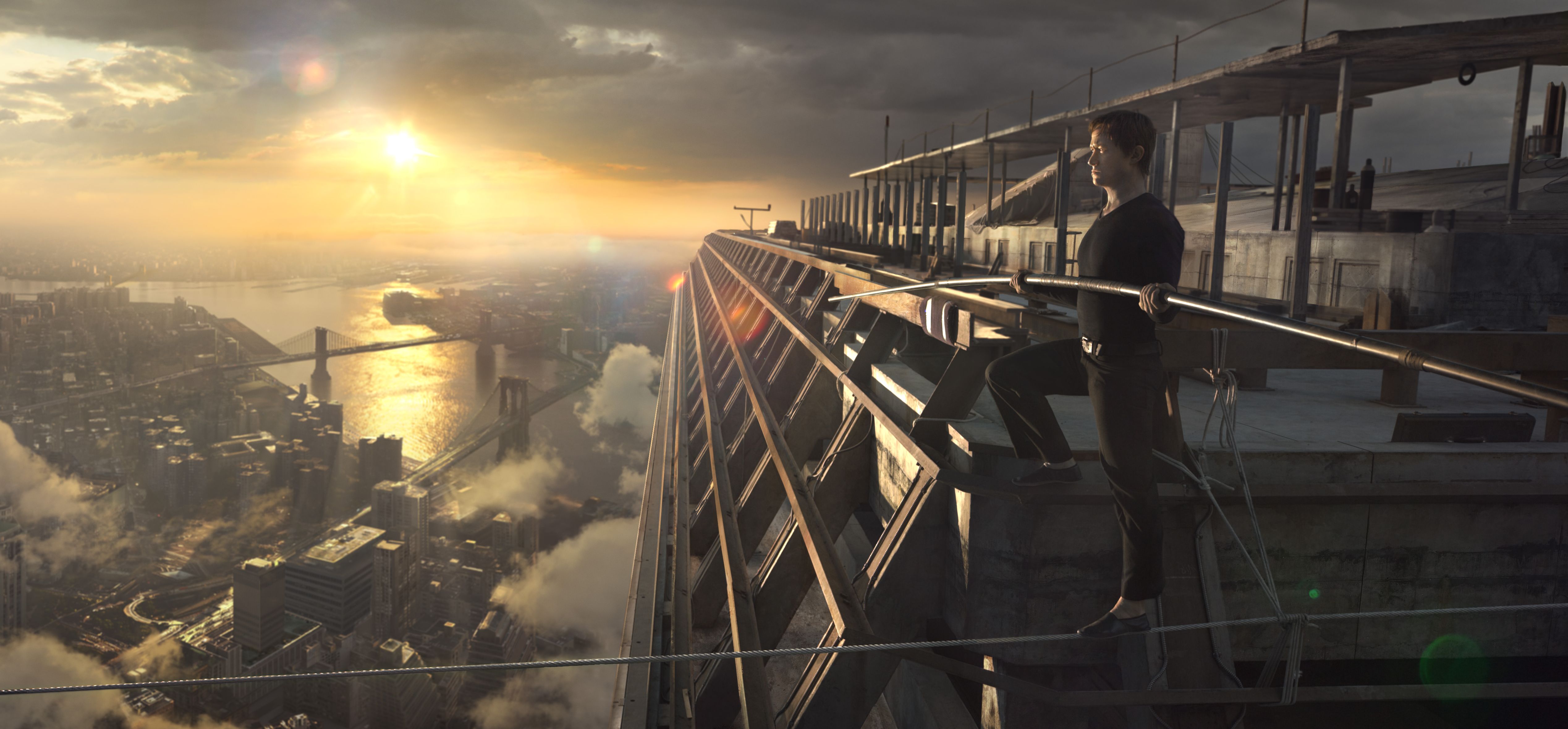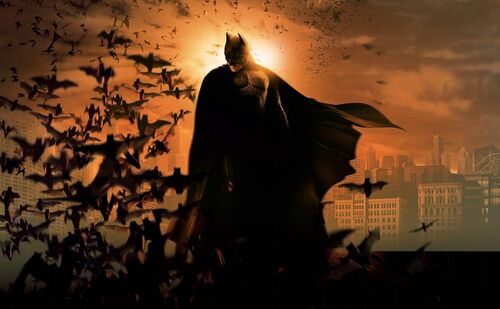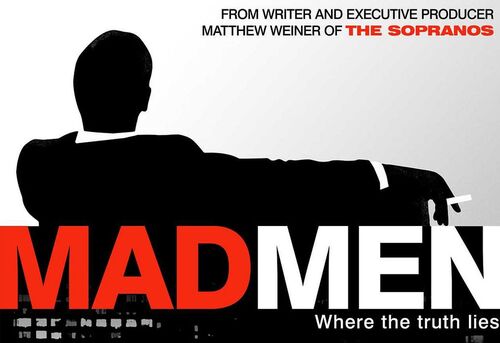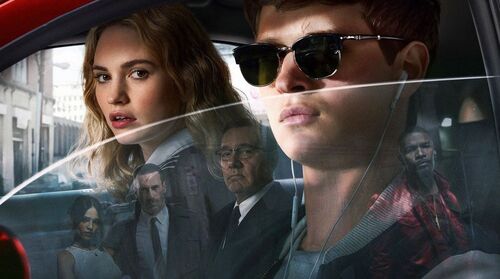
The Walk - A Thrilling Journey through the Mind of a True Artist
 The Walk is an ode to the soulful and pure nature of any artistic endeavour, though it is unfortunately weighed down by a peculiar narrative choice and a protagonist that doesn't really deserve our feelings of jubilation.
The Walk is an ode to the soulful and pure nature of any artistic endeavour, though it is unfortunately weighed down by a peculiar narrative choice and a protagonist that doesn't really deserve our feelings of jubilation.
But in the end, that's exactly what the film's final act gives us. The walk itself is thrilling, a love letter to a man's love of his craft. In the final half an hour, director Robert Zemeckis engages in his own craft on every level to bring Philippe Petit's to life on the big screen. The venture across the wire connecting the World Trade Centers in New York is edited together meticulously, using sight and sound to transition us into every facet of Philippe's experience.
Unfortunately, what bogs the film down bogs this final act down most of all. Opening with Joseph Gordon-Levitt, who puts in an admirable performance as Philippe with the script he's given, monologues to us while standing upon the statue of liberty. In doing so, he builds a frame that adds little to the film. Instead, much of what he says as he narrates the entire story, we've already established from what we can see. Zemeckis at times has failed to register that his audience does not need to be told some of these things. Film is, (not so?)obviously, a visual medium after all.
The exposition grows even more infuriating as the character himself becomes less and less enjoyable to watch. His treatment of his team, whom all come together in rather flimsy ways (save for Annie), is poor, and his arrogance and selfishness replaces his charm of the first hour.
That first hour, set in Paris, skips along at a brisk and energetic pace. Philippe guides us through his story, how he grew into the artist that would cross the towers on a thin rope, and his trials aren't so much setbacks as much as they are simply joyous to watch unfold. His commitment to his art yet ignorance to showmanship makes for plenty of room to move. It also allows Ben Kingsley to steal scenes as his mentor and, in some ways, enabler.
Charlotte Le Bon plays Annie, a fellow street performer who is reeled into Philippe's world. Le Bon is impressive, though Annie's departure from her own dreams and aspirations hangs over the characters head in a distracting way. This is essentially what happens with every character who joins in on the coup. And while Philippe has his unique way of thanking each and every one of them, and at least three of them grow from the experience, it's much less an imposed action taken to help them grow as much as it is to help forward his own mission.
As much as the final half hour is really the selling point, the first hour can be seen as the most energetic. This is met with a soundtrack, uplifting and enhancing to our experience of Philippe's growth. At the centre of the entire film is the soulful approach to art, a word that is so broad-reaching that the movie's messages are sure to reach much of its audience. Summarised late in the piece, Annie suggests that Philippe has given the towers life, and people have even begun to like the towers (there was apparently a time when they didn't).
It's hard to think of an occasion where Gordon-Levitt's narration is integral, and it's even somewhat jarring when the film cuts to his position on the Statue of Liberty for another segment of his boisterous storytelling. But his passion at times comes across as eye-rolling. There is simply too much being told, and most of it is completely nonsensical. His final narration, however, closes with a pass that he says allows him to visit the world trade centers "forever". This exact line delivery then transitions into a zoom in of the towers, and I felt sure they were going to fade in light of 2001's tragic events. That said, the film does everything right in redeeming the buildings and giving them an existence that isn't defined by fear and tragedy.
The voice-over is charming for a time, but it sinks into melodrama and over-the-top explanations for things we can already see. And the visuals suffer for it. Ultimately, it doesn't destroy a film that captures the heart and soul of Philippe's intent. His discovery of the towers, inside a magazine, is while in the waiting room of a dentist. His experience, discovering this wondrous obsession, is entirely relatable. His steps to getting there are charming. Once he leaves his home soil, the film feels like it loses some of its spirit when it plants its feet on American ground.
Only when Philippe reaches the heavens does it return to its spirited nature. His balancing act while staying clear of the police officers is a fun spin on the kind of chase-sequence we experience in action films. His playfulness thankfully never results in near-death experience. The film manages to avoid over-playing the premise itself. Zemeckis understands that there's enough drama in the goal on its own merits.
The story is basic. The aim is not. Seeing the story come to life, even more spectacularly for its truth, is fascinating and, in simplest terms, fun. Looking beyond its unnecessary need for continuous exposition, it is a marvelously crafted film, almost a heist set up, but in the end with a higher gain. The finale felt only slightly hollow, if only because of where it leaves Philippe (and his disinterest in returning the favour to his partner). But for him, it seems, that was enough. His eyes follow the space between the buildings, and the rope manifests before our eyes and his.
Man realising his dream is not new to storytelling, but here it is captured in awe-inspiring clarity. If you sit down to watch it for the walk itself, there's nothing here to disappoint. For its soulful interpretation of one man's will to satisfy his dreams, its successful. Its shortcomings rest within the writing of the protagonist himself, but in the end it does little to hinder such an experience.


